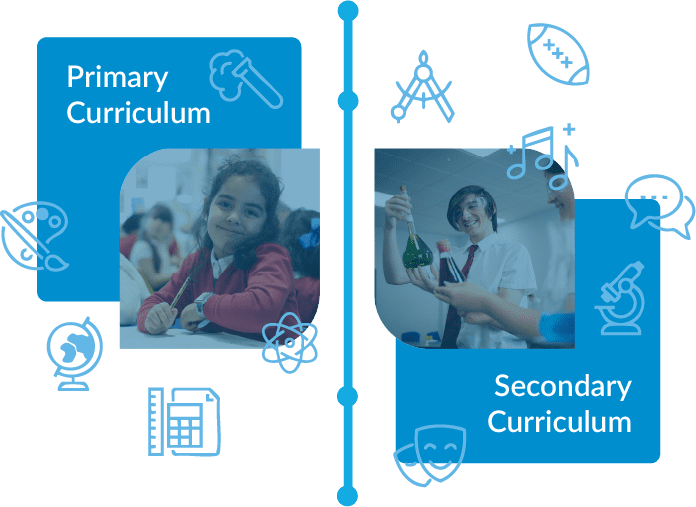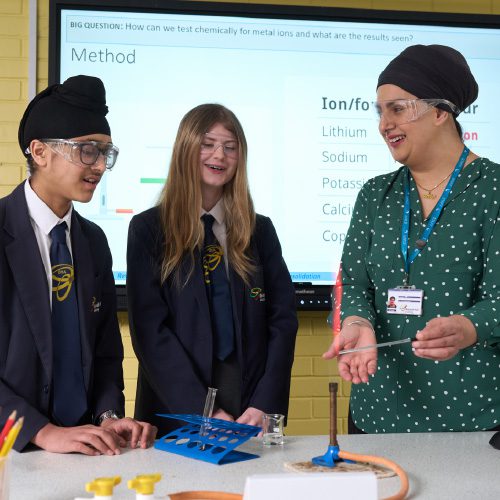At ATT, we believe every child can become a confident writer. Our approach builds strong foundations in the early years and ensures clear progression through primary school.
Early Years Foundation Stage (EYFS)
In Reception, children’s writing is assessed using the Early Learning Goals (ELGs) within the EYFS Framework. Teachers observe and support early skills such as mark-making, phonics, and expressing ideas through writing. We also prioritise gross and fine motor development, which is essential for successful writing. This early focus prepares children for a smooth transition into Key Stage 1.
Consistent Assessment Across Primary
From Year 1 to Year 6, our academies use the Teacher Assessment Frameworks (TAFs) to assess writing. This alignment ensures that all year groups share a common understanding of writing expectations and progression, supporting accurate, reliable, and standardised teacher judgments.
The use of TAFs provides a clear structure for assessing pupils’ writing attainment, focusing on key aspects such as composition, grammar, punctuation, and transcription. By applying the same framework across all primary phases, teachers are able to identify strengths, address gaps in learning, and plan next steps with greater precision.
By aligning assessment across all primary phases, we provide continuity and coherence in writing development. This ensures pupils are well-prepared for statutory assessments and equipped with the skills they need for the next stage of their education.






